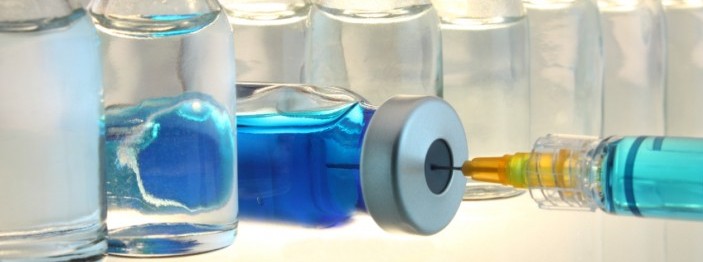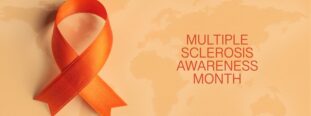Interferons vs. Copaxone: how do they compare?
Beta-interferon drugs (Avonex, Betaseron/Extavia, Rebif) and Copaxone have been the mainstay of treatment for MS for over two decades. What they have in common is very modest effectiveness, and the need to be injected. But is one type of treatment better than the other?
A new analysis has pooled data from head-to-head studies to see if there is any advantage with one type of injectable versus another (La Mantia and colleagues. Cochrane Database Syst Rev 2014 Jul 26;7:CD009333).
Five studies that involved almost 3,000 people with relapsing-remitting MS were included in the review. The studies directly compared Avonex, Betaseron or Rebif against Copaxone. Overall, the impact of treatment on relapses and short-term disability measures was very similar over the first two years of treatment. One study found that the relapse rate was higher among people taking an interferon compared to those on Copaxone after three years of treatment.
Results were also similar with respect to the effect of treatments on brain inflammation seen on MRI. However, it appeared that interferons were somewhat better in reducing the total volume of MRI lesions.
There wasn’t enough information to compare the impact of the different treatments on quality of life. A similar number of people on the various medications dropped out of the studies because of side effects.
It should be noted that the analysis was limited by the number of people who discontinued treatment, which can bias the interpretation of the results. Stopping therapy is a common problem with all of the injectables, as seen in community and database studies. For example, a Canadian study found that the median time to stopping an injectable or switching therapies was about three years (Evans and colleagues. Clin Ther 2012;34:341-350). A separate study found that most people on an injectable MS medication were unable to stay on their initial treatment for more than a year or two (Wong and colleagues. Can J Neurol Sci 2011;38:429-433).
That may change now that oral medications provide an alternative to the regular grind of self-injection. Some doctors have gone so far as to suggest that injectables are no longer the best route when starting treatment (Fox and colleagues. Mult Scler 2013;19: 24-25). Studies thus far have shown that Aubagio is about as effective as Rebif, and Tecfidera is as effective as Copaxone (Vermersch and colleagues. Mult Scler 2014;20:705-716; Fox and colleagues. N Engl J Med 2012;367:1087-1097). So either of these oral medications may be a good initial option. People with more severe MS also have the option of starting treatment with a more potent medication, such as Gilenya or Tysabri.
Share this article
Facebook Twitter pin it! Email
Related Posts
Back





